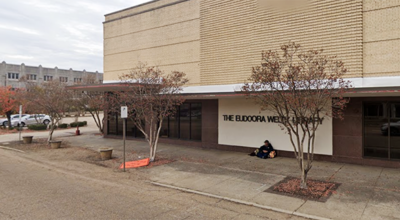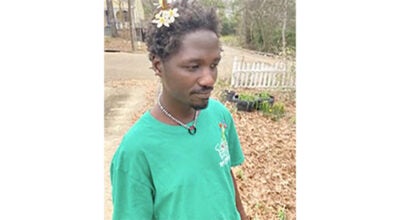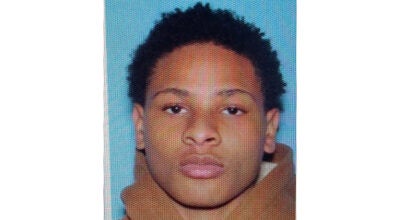Catholic abuse case settled cheaply in Mississippi Delta, but lifetimes of scars endure
Published 8:27 am Tuesday, August 27, 2019
According to a Greenwood police report provided to the AP by the Jackson diocese, Raphael was working at the compound on a Sunday after Mass in August of 1998 when he visited a rest room. That’s when “Brother Paul came in and showed him some nude pictures of men and women, and then started to play with himself and also played with Raphael’s private parts.”
Stephen J. Carmody, an attorney who represents the diocese, told the AP that the diocese also reported Raphael’s claim to the state Department of Human Services and arranged for Raphael to be evaluated by a therapist.
But apparently neither the police nor the diocese discovered the alleged abuse of La Jarvis and Joshua.
Greenwood Police Chief Ray Moore told the AP that he could not find any record showing that police investigated the 1998 report. He said his department has been unable to locate “any kind of case file” or even the original copy of the police report.
“I have no explanation for that,” he said.
By the time Raphael stepped forward with his allegations, he had lost two father figures: His grandfather, Eugene, and a neighbor who often rewarded him for good grades with the change in his pockets. A year later, his biological father, never a strong presence in his life, was murdered. Then, in 2002, when he was 13, his mother, Linda Faye Love, was stabbed to death on the streets of Greenwood.
After moving to Memphis to live with an aunt when he was 16, Raphael was home with her one evening when teenagers from another neighborhood drove by shooting.
Raphael recognized the assailants and went after them. He drove with friends to confront them, and then shot into a crowd of young people, killing two bystanders.
A jury convicted him of murder and gave him a double life sentence.
Terence McKiernan, president of BishopAccountability.org, an organization that helps survivors and maintains a data base of Catholic abusers, said it’s not unusual for church sex abuse victims to land in prison, although their stories are seldom told.
“Because of what’s happened to them, they use drugs, hate authority, get into trouble, and before you know it they’re behind bars,” he said. “It’s an unpleasant fact that many, including some in the survivor movement, choose to ignore.”
Mark Belenchia, a clergy abuse survivor and Mississippi leader of SNAP — the Survivors Network of those Abused by Priests — said the lack of action on Raphael’s 1998 abuse claim amounts to “a tragedy for several families.”
If police or the diocese had investigated further, he said, “They would have discovered that two other boys in the same family had been abused. And if Raphael had gotten the help he needed, two young people in Tennessee might not have been killed, and Raphael might not be serving two life sentences.”






